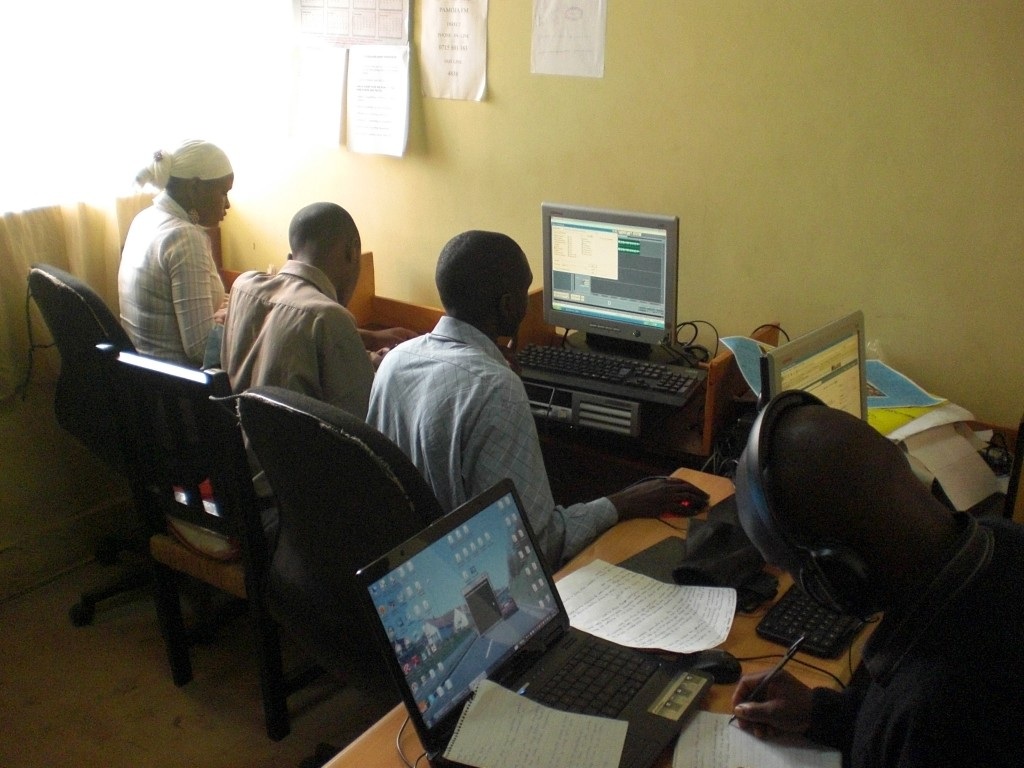It is well known that “the whole is more than the sum of its parts,” and this was certainly shown by recent FrontlineSMS user meet-up in Haiti. The meet-up started as three people interested in learning about FrontlineSMS and grew to be a meeting of nearly 20 people, all of whom are involved in social change projects in Haiti and are either actively using or interested in using FrontlineSMS. This meet-up was organized by FrontlineSMS Hero Tom Marentette, who reports on the event below. This will hopefully be the first of many FrontlineSMS organized user meet-ups across the world. If you would like to arrange a FrontlineSMS meet-up in your local area please indicate your interest in this new Meet-Ups Group on our FrontlineSMS user forum!
By Tom Marentette, FrontlineSMS Hero o/
Recently, while working in Haiti on the Notre Dame Haiti Program, I had an opportunity to meet some amazing folks doing great things in aid and development to assist Haitian communities. This group also shared a common interest in the application of FrontlineSMS in their respective work. It's quite an interesting story on how this meeting came together and the resulting benefits.
This all started when I found I'd be travelling to Haiti, and two individuals I met on a TechChange course on Mobiles for Development were already working in the country. We therefore decided to have an informal lunch meeting to discuss mobile tech and more specifically, FrontlineSMS. Our group moderator on the TechChange course, Flo Scialom (FrontlineSMS Community Support Coordinator), offered to help pull members of the FrontlineSMS community together for the meeting.
Each day, as we criss-crossed Port-au-Prince and Leogane with meetings at various ISP's and Mobile Network Operators, I'd get an email from Flo, "Tom, do you have room for one more?", "Do you have space for another?"...etc...So what started with three or four for lunch, turned into 17 individuals, representing five continents and eight countries - and a full blown FrontlineSMS user group luncheon at the Babako Restaurant in Port-au-Prince. We had organizations at the table representing public health, microfinance, sexual violence, IDP camp resettlements, human rights abuses, education, and others. It really was inspiring to look around that table and realize how many people in Haiti were benefiting from the work of these individuals and their organizations. A true force multiplier!
After some not-so-brief introductions (remember we had 17), we discussed issues around getting started with the software. This included everything from modem hardware compatibility, to running FrontlineSMS on MacOS, and managing incoming/ outgoing SMS. We also covered local resources within Digicel in Port-au-Prince, that can prove helpful in choosing the right modem, and supporting any possible setup issues. Of those at lunch, there were a couple of groups that had FrontlineSMS instances up and running, and others were interested in using it in their respective work, including us with the Notre Dame Haiti Program.
Next, the talk revolved around other mobile and open-source tools in the development space, such as RapidSMS, Ushahidi, OpenMRS and more. So this group was not so much about a single software application, but more about affecting change with any technology - a community of practice around the way technology can impact development and social change.
Finally, as we finished lunch (and by the way the food at Babako was as delicious as the conversation), we talked about the importance of working together, sharing our successes and failures, and staying in touch. The big win was looking around the table and realizing that as diverse as our needs and applications are we all shared a common purpose, enthusiasm and a collective knowledge, to affect positive change with mobile technology.
Call it community of practice, collective passion, or human synergy. This was a testimony to The Awesome Power of Connecting People! We are stronger together!
Thanks so much to Tom for his amazing work and enthusiasm in organizing this meet-up! o/ To organize a FrontlineSMS meet-up and / or connect with others using FrontlineSMS in your local area please join the new Meet-Ups Group on the FrontlineSMS forum.



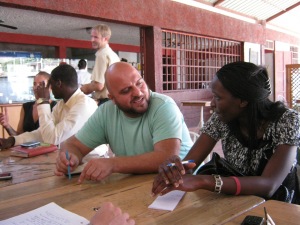
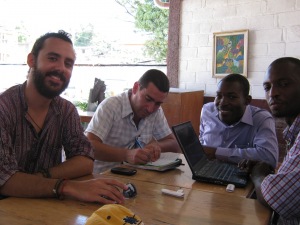


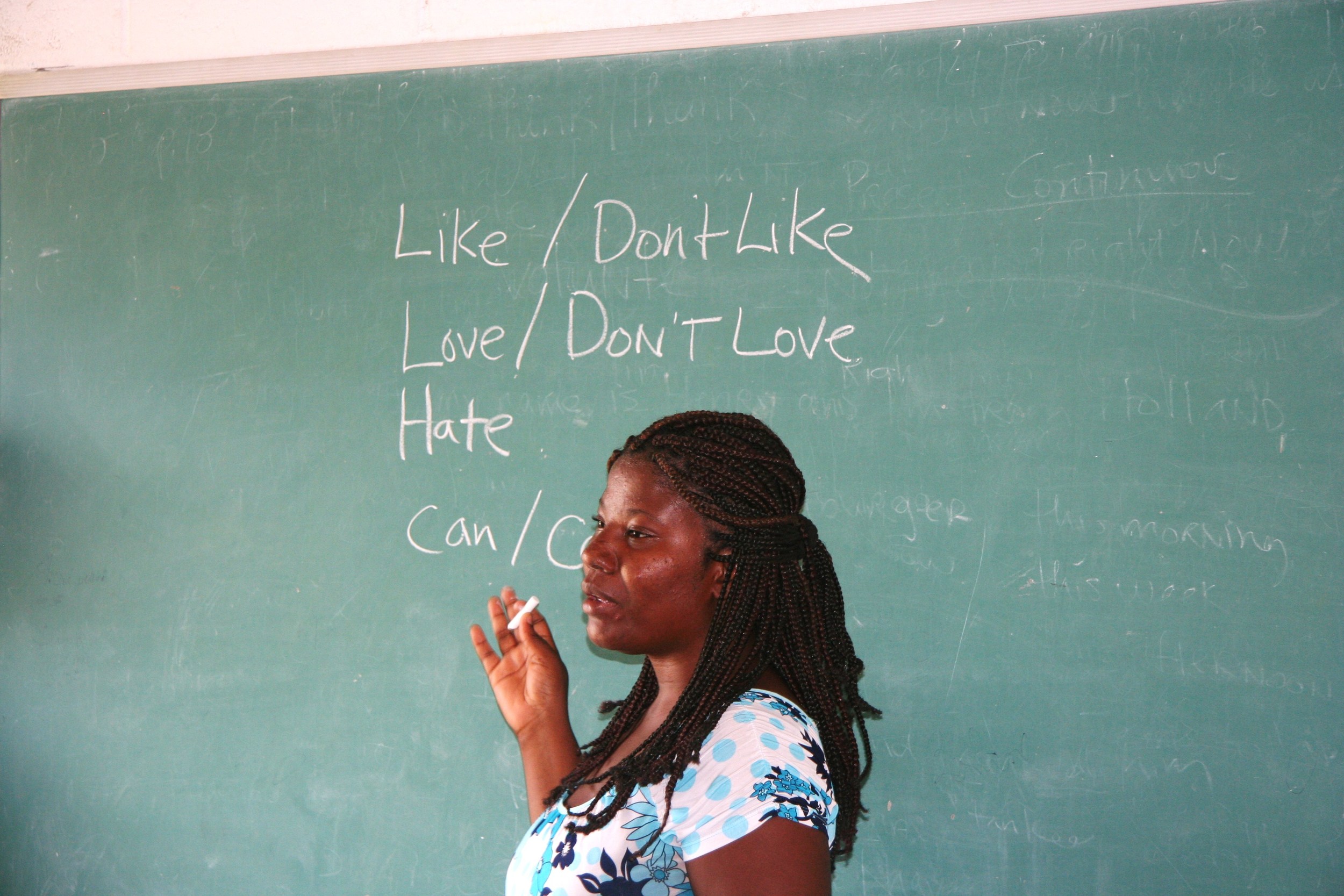



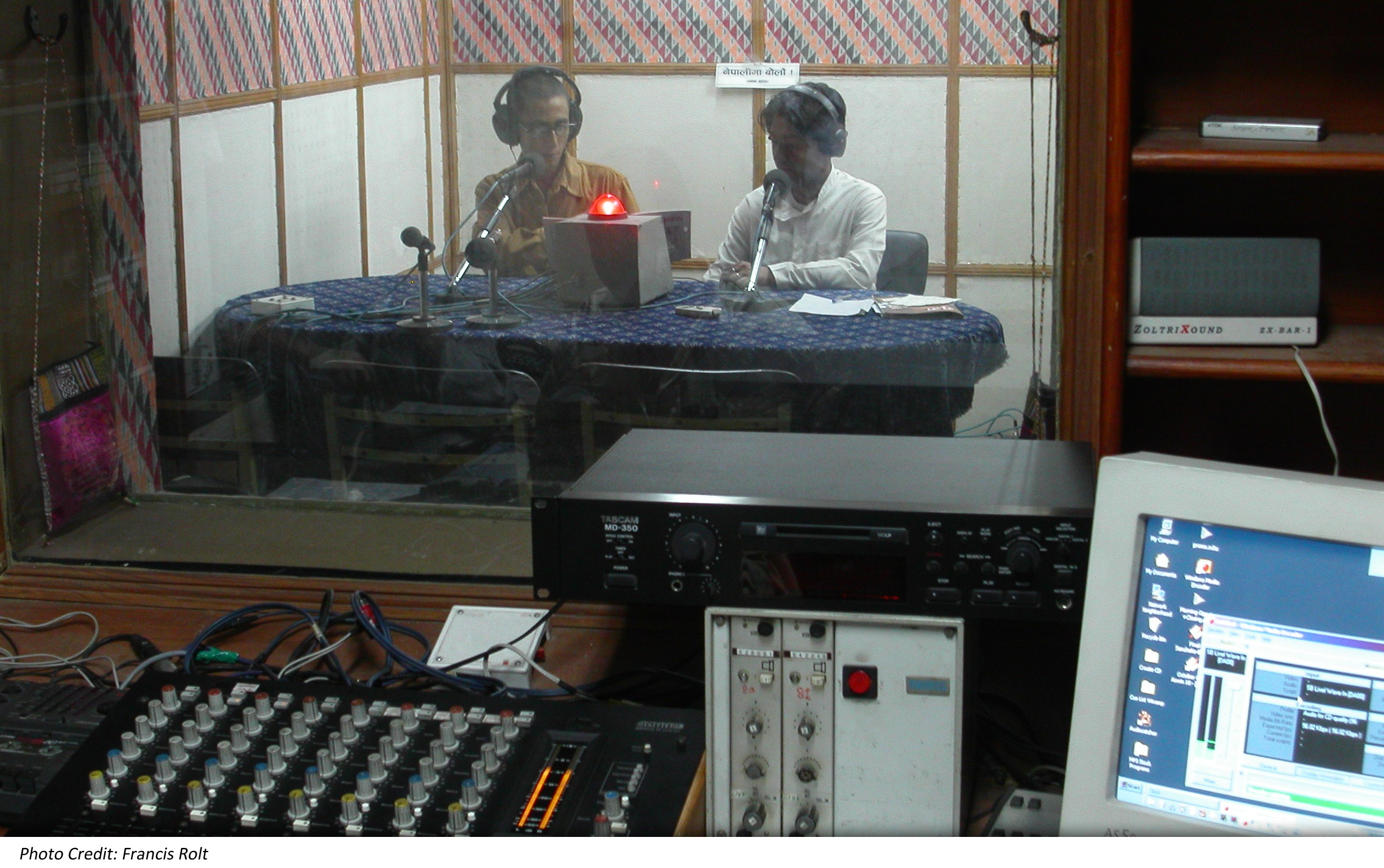

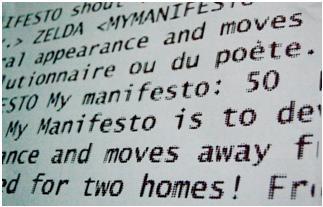
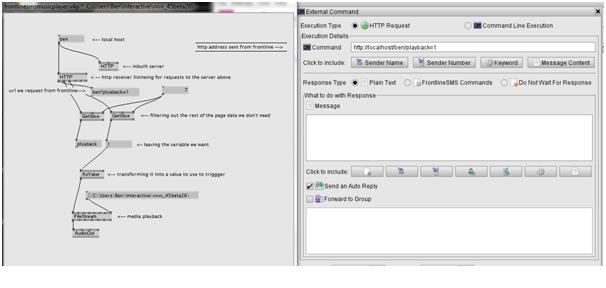



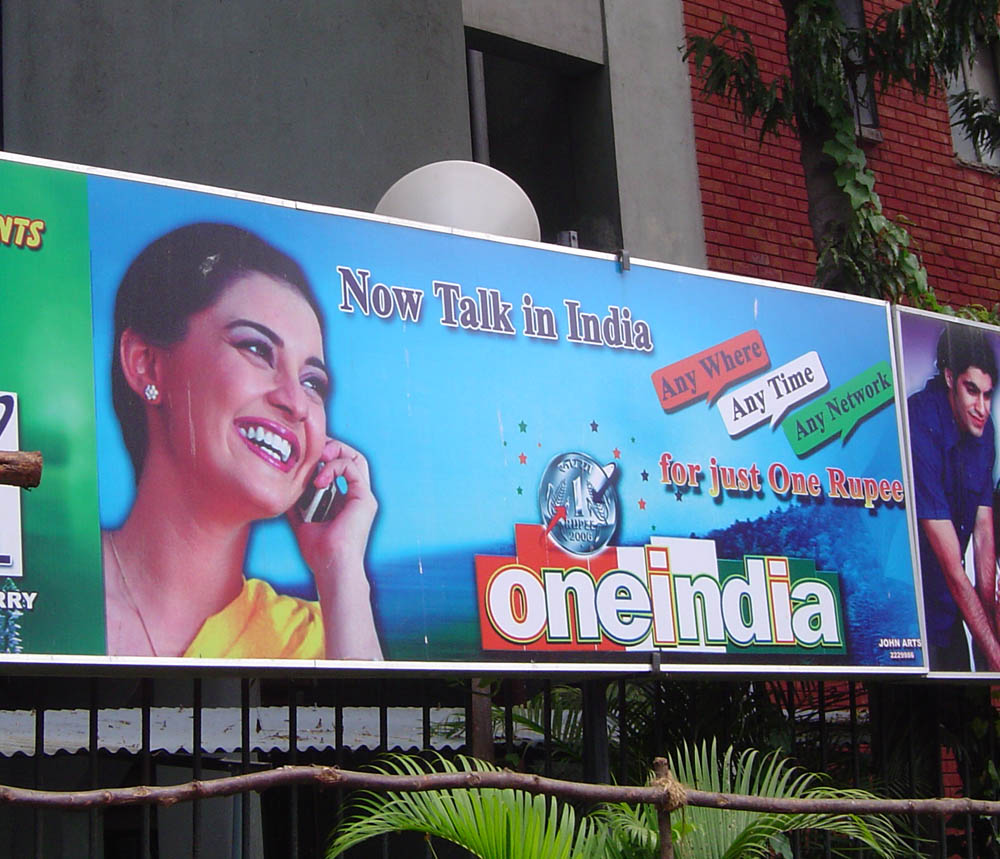

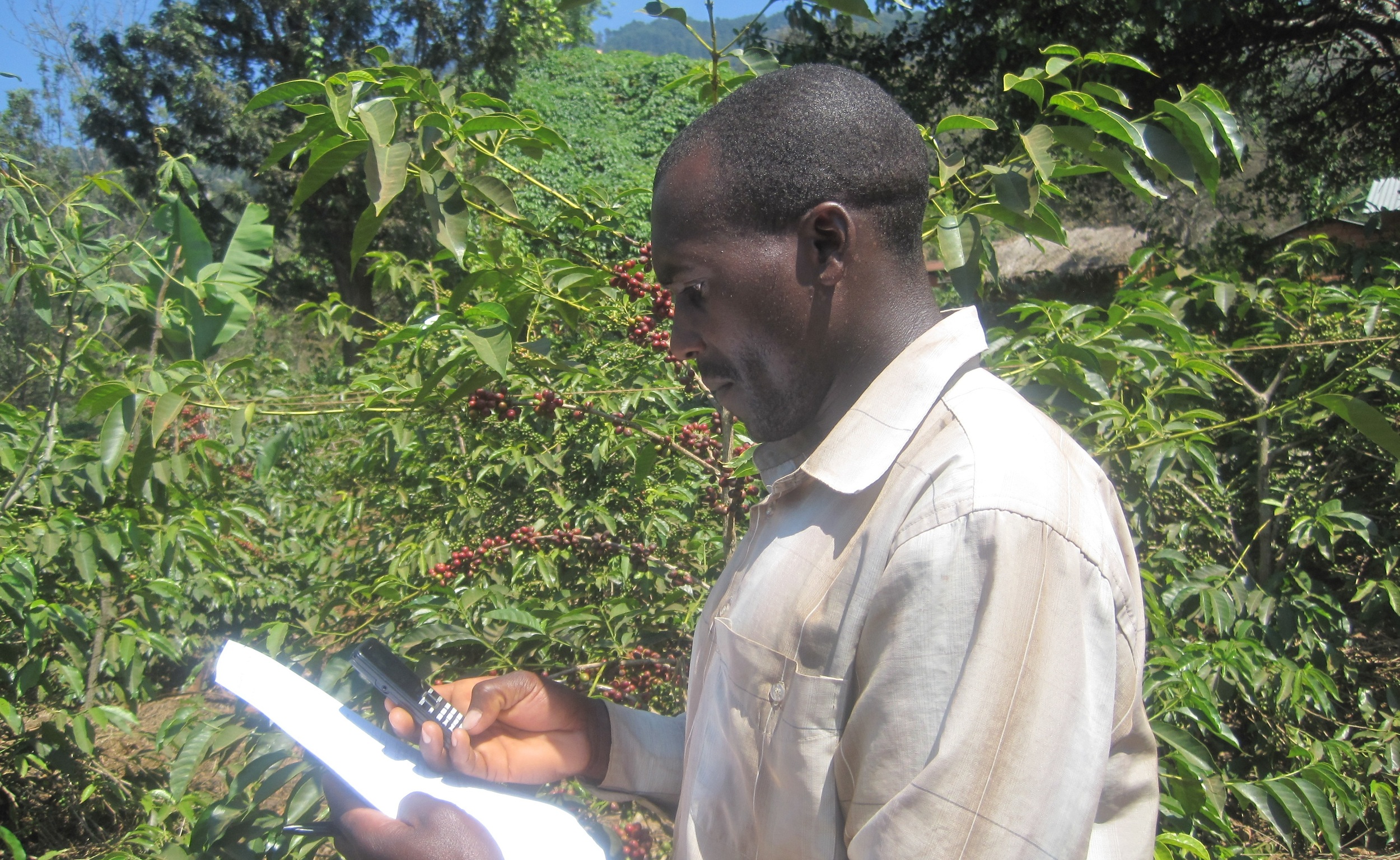




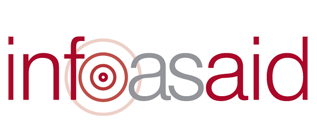 infoasaid is a consortium of Internews and the BBC World Service Trust. The objective is to improve how aid agencies communicate with disaster-affected communities - the focus is on providing humanitarian information. The emphasis is on the need to deliver information, as aid itself, through the most appropriate channels. In this guest blog post first published
infoasaid is a consortium of Internews and the BBC World Service Trust. The objective is to improve how aid agencies communicate with disaster-affected communities - the focus is on providing humanitarian information. The emphasis is on the need to deliver information, as aid itself, through the most appropriate channels. In this guest blog post first published 
